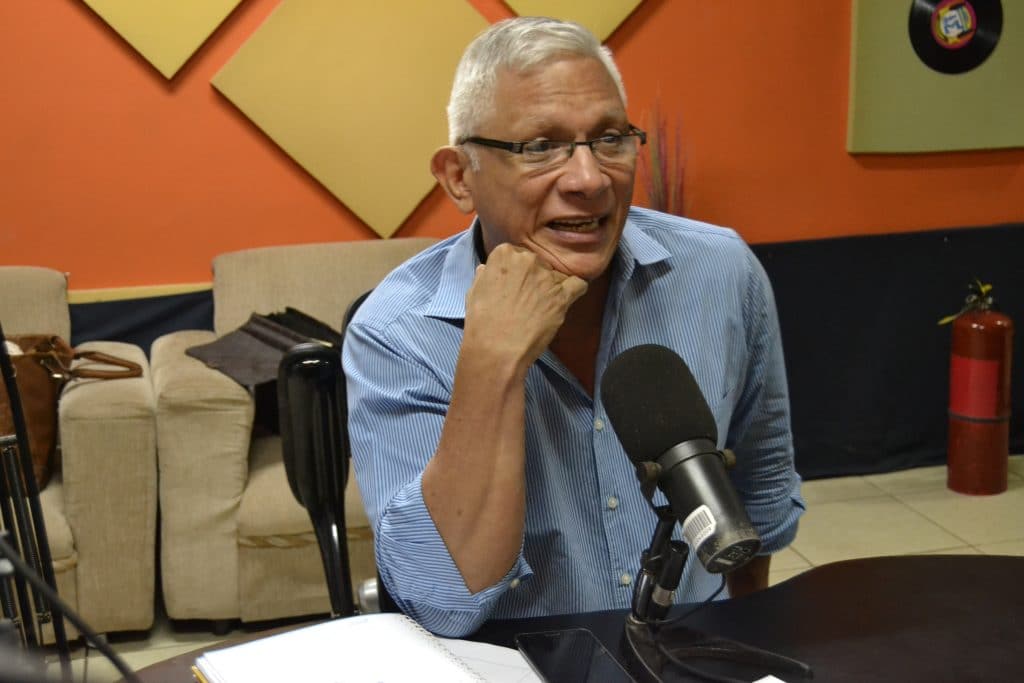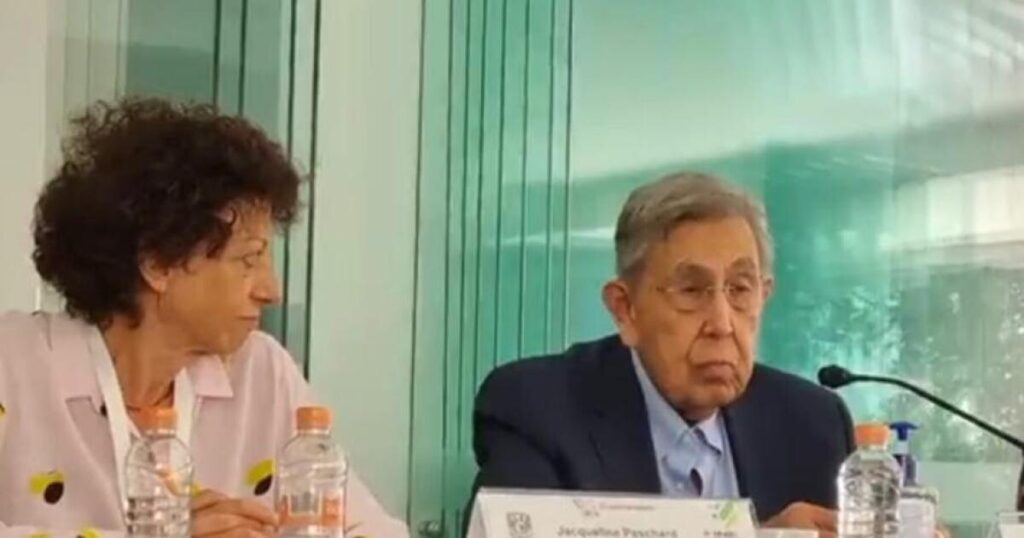Mario Chamorro, founder of the Nicaraguan Coordinating Federation of Non-Governmental Organizations that work with Children and Adolescents (Codeni), lamented this Wednesday, April 20, the cancellation of legal status at the hands of the National Assembly, which it described as a “pass of accounts”.
Chamorro offered an interview to the program Tonight, in which he argued that the big losers are the beneficiaries of the programs.
According to Chamorro, the organization had 39 affiliated organizations until 2018, 1,450 collaborators, more than 16,000 volunteers, and at least 350,000 people benefited, including citizens of the autonomous regions of the Nicaraguan Caribbean.
“Here the big losers, in this cancellation of the Codeni and the organizations, are the children and adolescents, who are left in a situation of vulnerability in the framework of a strong economic, social and political crisis, in which the Government does not is doing nothing to serve them,” said Chamorro, who held the position of board member on several occasions.
The legal status of Codeni, founded in 1992, was one of the 25 organizations that were canceled this Wednesday with the vote of 74 Sandinista deputies in the National Assembly, who participated in a 31-minute morning session in which they complied with the order issued by the Executive.
For Chamorro, Codeni’s work made it a reference, both nationally and internationally, within the world of organizations whose mission is the promotion and defense of the rights of children and adolescents, standing out as a significant contribution related to to the legislative framework in favor of the defense of the rights of children and women, in specific examples such as the Code for Children and Adolescents, the Family Code, or the Labor Code in relation to child labor.
tensions since 2007
“Since the Government of the dictator Ortega came to power (in 2007), tensions have arisen between the organizations and the Government, mainly related to the requirements of Law 147 (control of associations), but also in relation to the exclusion of the civil society organizations in the national and municipal councils, and then came the tension in the community work around threats, blackmail, persecution, the work of the communities”, explained Chamorro.
According to the activist, these tensions were even greater in 2018, when there were massive protests calling for Ortega’s resignation, which were met with repression. The Codeni then denounced the murder of 29 children and adolescents in this context.
In addition to Codeni, the regime removed the legal status of the Cantera Foundation, another of its members, registered since 1990. The decision of the legislators also hit the Permanent Commission on Human Rights (CPDH)which was created in 1991, the last body of its kind to have legal status.
With the vote of the Sandinista deputies and their allies, the regime of Ortega and Rosario Murillo has canceledSince November 2018, at least 164 legal entities of civil society organizations, foundations, and associations that promote social, political, economic, human rights, democracy, environmental, feminist, indigenous, education, and health development in Nicaragua , according to a count by CONFIDENTIAL.
Among the causes used to cancel them, the breach of three laws stands out: the Law on Non-Profit Legal Entities or Law 147; the Organic Law of the Legislative Power of the Republic of Nicaragua or Law 606, and the Law against Money Laundering, Financing of Terrorism and Financing of the Proliferation of Weapons of Mass Destruction or Law 977.
Núñez: “Useless effort”
Vilma Núñez, president of the Nicaraguan Center for Human Rights (Cenidh), lamented the decisions made by the Executive and in the case of Cantera, recalled the common history of both organizations in favor of the country. Cenidh’s facilities were confiscated and its legal status was taken away in December 2018.
Núñez recalled that one of the founders of Cantera, the nun María Harmann, did valuable work with Cenidh in Nicaraguan prisons. The human rights defender also lamented the case of the CPDH, which was celebrating 45 years of history today and in which she was a part when fighting against the Somoza dictatorship.
“I value it as a useless repressive effort by the regime, it believes that by silencing an organization they are going to silence those who make it up: human rights defenders,” said Núñez.
The lawyer argued that it is a centralizing effort of repression that seeks to destroy any expression that does not correspond to her interests, motivated by “irrational behavior” that obeys the idea that this expression is an obstacle to be eliminated.
For Núñez, the elimination of the legal status of the Association for the Development of Solentiname, founded by the poet Ernesto Cardenal, revived “all the barbarities that were done to him in life” and the cancellation of the CENIDH itself that has followed—without status — denouncing human rights abuses, despite the government’s desire to silence them.
According to the Sandinista deputy Wilfredo Navarro, they are not carrying out a persecution of the organizations, but rather an organization. However, the complaints against the Government have been going on for years in the sense that they do not accept the reports of the organisms, nor do they update the directives, to keep the NGOs working in anxiety and illegality.

















